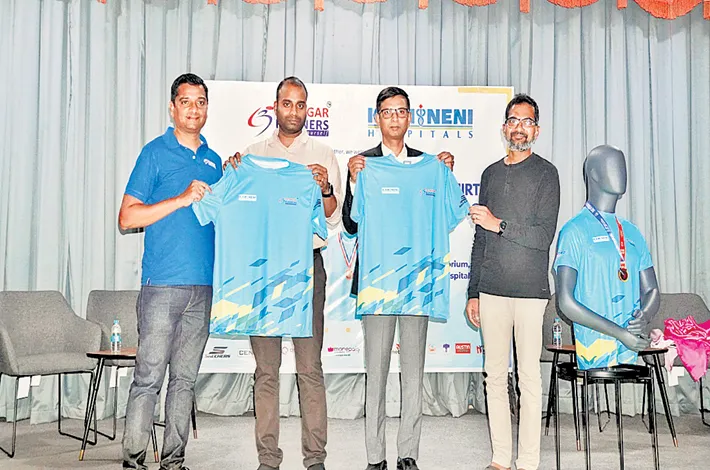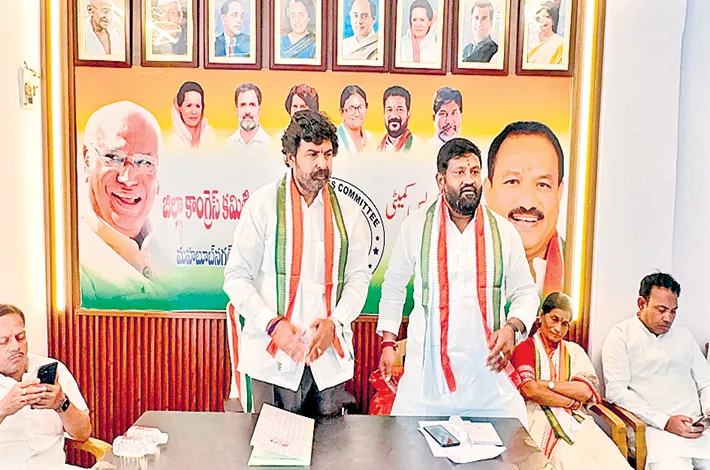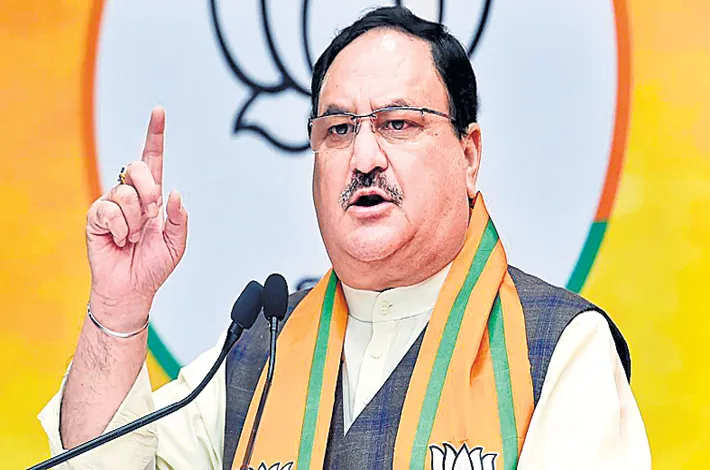Call for procurement reforms grows amid chikki controversy
20-07-2025 12:00:00 AM

- Contract Rectification: Ensure that final agreements reflect the original tender conditions, with no retroactive changes in duration or pricing clauses.
- Independent Inquiry: A fact-finding committee led by a retired judge or senior bureaucrat could review the process and provide recommen-dations for systemic improvements.
- Pricing Review: An objective, third-party valuation of the product and potential re-negotiation with suppliers could help align costs with market realities.
- Policy Overhaul: Update procurement guidelines to prevent compressed tender timelines, mandate competitive benchmarking, and introduce digital transparency measures.
The Government of Telangana’s Women Development & Child Welfare (WDCW) Department is under public scrutiny following revelations surrounding its procurement practices for chikki, a nutritional supplement distributed to children and pregnant women under the Integrated Child Development Services (ICDS) program.
Policy analysts and procurement experts emphasize the need to focus on systemic reform in the government’s tendering and procurement processes.
Rising cost raises concern
The controversy stems from the recently awarded tender that fixed the cost of chikki at ₹317 per kilogram—significantly higher than both the previous government rate of ₹200 and the approximate market price of ₹150. Given the scale of the ICDS program, which covers 35,700 Anganwadi centers across Telangana, such pricing has prompted concerns about inefficiency and fiscal imprudence.
Observers have questioned how the department arrived at this price without apparent competitive benchmarking. The WDCW has defended the rate, citing enhanced nutritional standards and compliance requirements. However, internal sources allege that the rate was finalized without comprehensive market analysis or adequate competition, highlighting a critical gap in the procurement process.
Tendering timeline
One of the key concerns involves the unusually short 15-day window given for tender submissions. Procurement norms typically prescribe a minimum of 30 days to ensure broad-based participation and fair competition. Experts argue that this truncated period likely limited the pool of bidders, potentially reducing transparency and increasing the risk of perceived favoritism.
“This is less about a scandal and more about poor governance architecture,” said a public procurement consultant. “Reform is needed to avoid even the appearance of bias or procedural shortcuts.”
Contractual ambiguities
Legal experts have also raised questions about the contract awarded. Although the tender specified a one-year duration, the final contract allegedly includes clauses allowing for extensions of up to three years and potential price revisions—terms that were not originally disclosed. Such deviations can weaken public trust and expose the agreement to legal challenges.
“This misalignment between the tender and the final contract reflects a lack of internal compliance protocols,” said a legal analyst. “Even if there was no intent to mislead, it opens the door for ambiguity and future disputes.”
The Telangana WDCW Department has been striving to position itself as a leader in women and child welfare. Yet recurring lapses—such as the 2024 arrest of a Child Development Project Officer for misappropriating milk distribution funds—indicate the need for structural safeguards.








